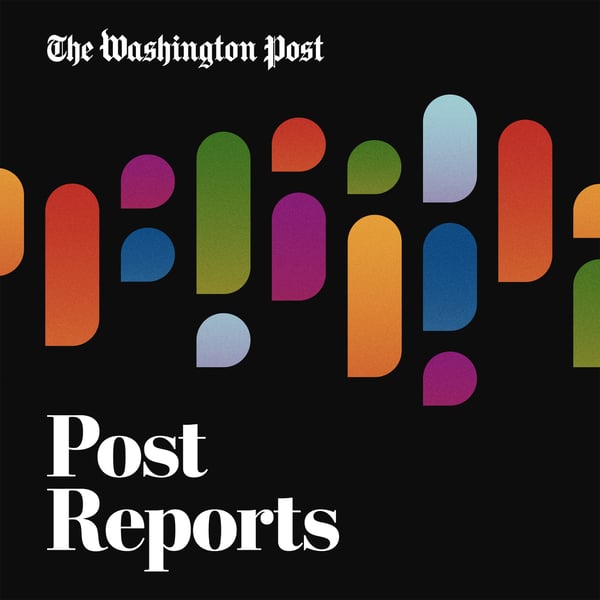The death of Pope Francis
Post Reports
The Washington Post
4.4 • 5.1K Ratings
🗓️ 21 April 2025
⏱️ 22 minutes
🧾️ Download transcript
Summary
Pope Francis, born Jorge Mario Bergoglio, became leader of the world's nearly 1.4 billion Catholics in 2013. Immediately, Francis made it clear that he would not be a traditional pope. He rejected the customary red slippers of the office in favor of simple black shoes, and he chose to live in a small boarding house instead of the lavish papal apartments above St. Peter’s Square.
Francis made few changes to church doctrine during his 12 years as pope, but he fostered an inclusive style that won him many admirers and provoked harsh criticism from the church’s more conservative factions. In particular, he tried to make the church more inclusive to women and to the LGBTQ community.
Anthony Faiola is the Post’s Rome bureau chief, and he has covered Francis for more than a decade. Colby Itkowitz speaks with him about the legacy Francis leaves behind, and about why the upcoming conclave to choose Francis’s successor is shrouded in mystery. “Even the most astute Vatican watchers would not hazard a guess as to who the next pope will be,” Anthony says.
Today’s show was produced by Peter Bresnan. It was edited by Lucy Perkins and mixed by Ted Muldoon.
Subscribe to The Washington Post here.
Transcript
Click on a timestamp to play from that location
| 0:00.0 | Pope Francis, who led the Catholic Church for the last 12 years, died on Monday morning. |
| 0:11.5 | The Vatican confirmed that he died of a cerebral stroke and cardio circulatory collapse. |
| 0:16.8 | The Pope's death came less than a month after he was released from the hospital after |
| 0:20.3 | a battle with double pneumonia. |
| 0:22.1 | He was 88. |
| 0:25.1 | I think Pope Francis will be remembered as a very different kind of pope. |
| 0:28.8 | He was a pope who really did not stand on ceremony and as the first Jesuit and the first Latin American Pope |
| 0:36.9 | brought a very different view to |
| 0:39.2 | the Holy See than we have seen before. |
| 0:44.7 | Anthony Fiola is the Rome Bureau Chief for the Post and has covered Pope Francis for more |
| 0:48.4 | than a decade. |
| 0:49.9 | He says the issues Pope Francis championed, from combating climate change to welcoming migrants, |
| 0:55.0 | to expanding acceptance of same-sex couples, meant that he was often seen as a liberal. |
| 1:00.0 | But his ideology is not so easily defined. |
| 1:03.0 | It's too easy to call him a liberal pope. |
| 1:06.0 | You can't really sort of view Catholic pontiffs as sort of liberal or conservative quite in the same terms |
| 1:12.9 | that you would, politicians. But certainly during his 12-year pontificate, he had been more |
| 1:19.3 | embraced by liberals than he was by ultra-conservatives, even though those liberals would often |
| 1:25.6 | be frustrated with his pace of change. |
| 1:28.2 | The Pope's inclusive approach often provoked criticism from more conservative corners of the |
| 1:32.3 | church. Now, in the wake of his death, there are a lot of questions about who the new Pope |
| 1:37.0 | will be and how he might lead the Catholic Church. Within 15 days to 20 days, they will be a new conclave. The princes of the church, |
... |
Transcript will be available on the free plan in 21 days. Upgrade to see the full transcript now.
Disclaimer: The podcast and artwork embedded on this page are from The Washington Post, and are the property of its owner and not affiliated with or endorsed by Tapesearch.
Generated transcripts are the property of The Washington Post and are distributed freely under the Fair Use doctrine. Transcripts generated by Tapesearch are not guaranteed to be accurate.
Copyright © Tapesearch 2025.

